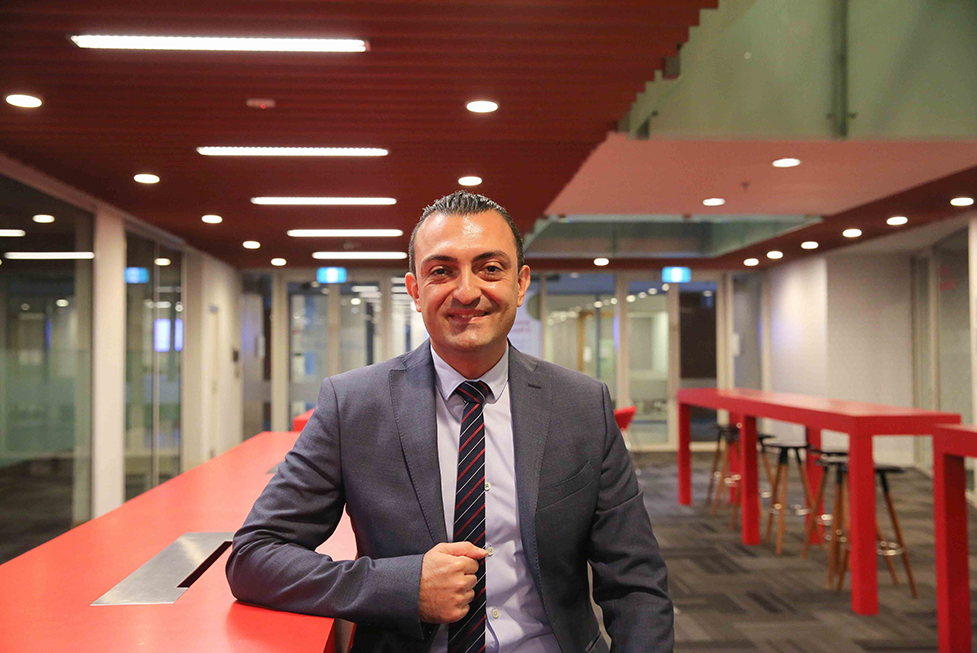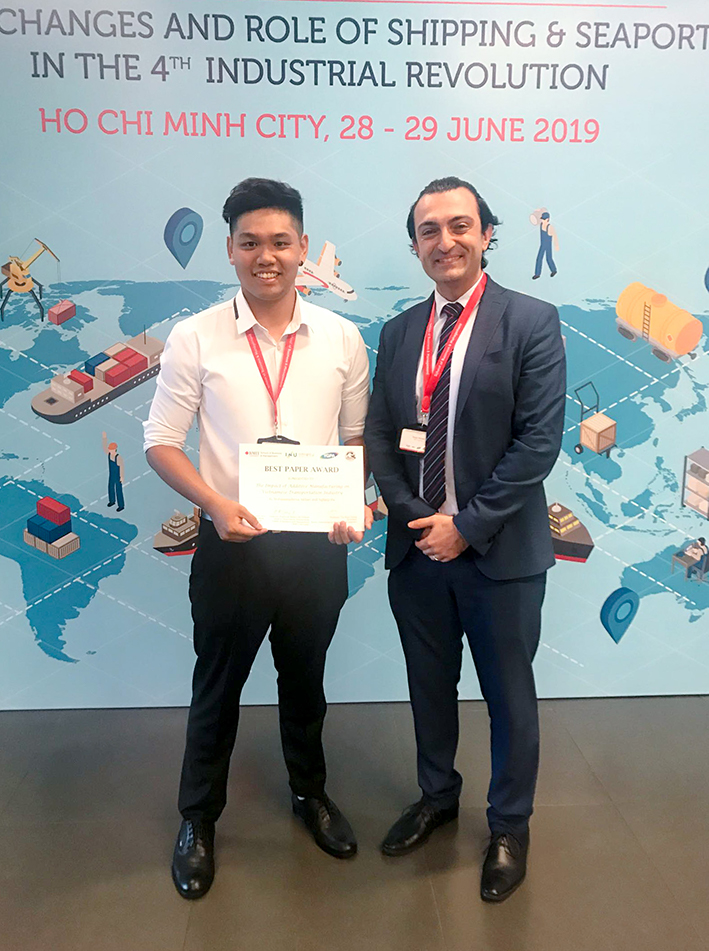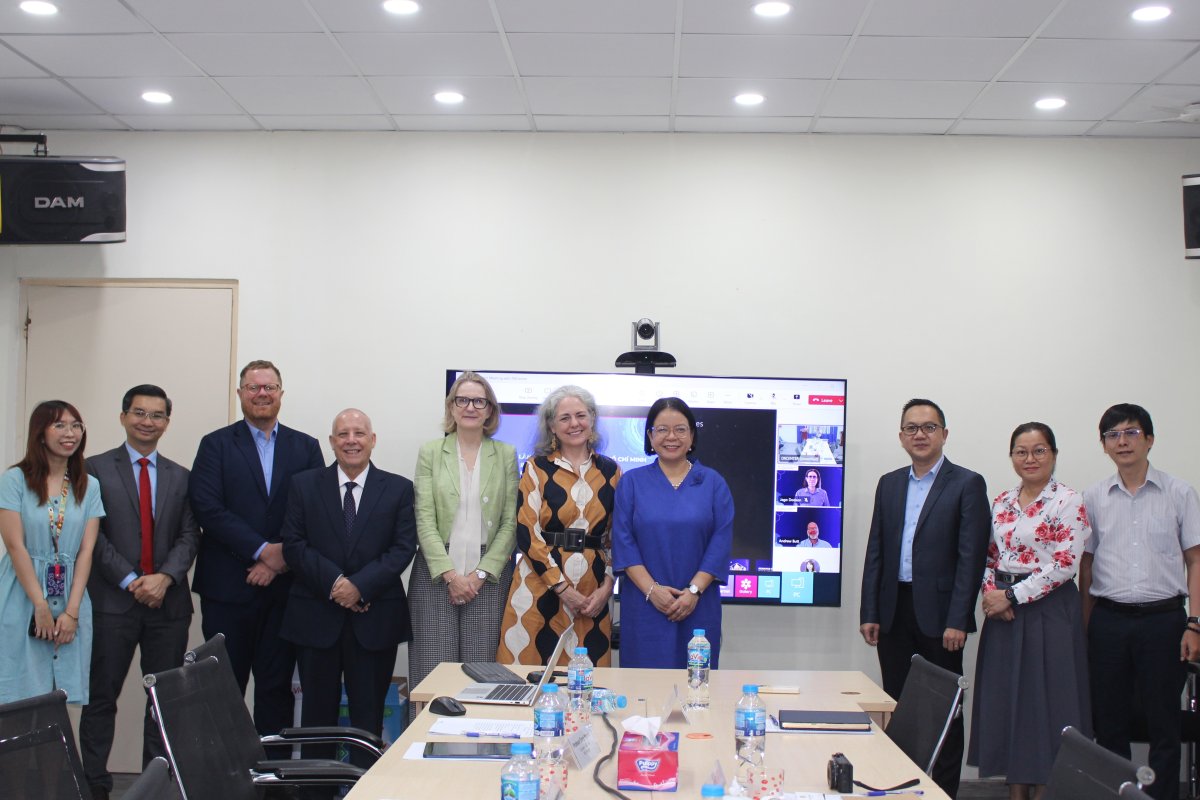RMIT and HCMC Digital Transformation Center announce PhD scholarships
RMIT University Vietnam and the Ho Chi Minh City Digital Transformation Center (HCMC-DXCenter) have announced a PhD scholarship program to further their strategic collaboration under the memorandum of understanding signed in June 2024.
A launchpad for green careers: Sustainability Impact Challenge
On 17 April, the Sustainability Impact Challenge (SIC) 2025 initiated by RMIT University was officially launched at International University – Vietnam National University Ho Chi Minh City.
How Vietnamese businesses can navigate the newest US tariff reality
Vietnamese businesses face a major challenge as new US tariffs could reach 46%. RMIT lecturer Dr Scott McDonald says that to stay competitive, firms must rethink markets, supply chains, and strategies fast.
Breaking barriers for women entrepreneurs in Vietnam
Women entrepreneurs are shaping Vietnam’s economic future, yet many continue to face significant challenges due to a lack of training and financial resources, as well as sustained gender prejudice.






